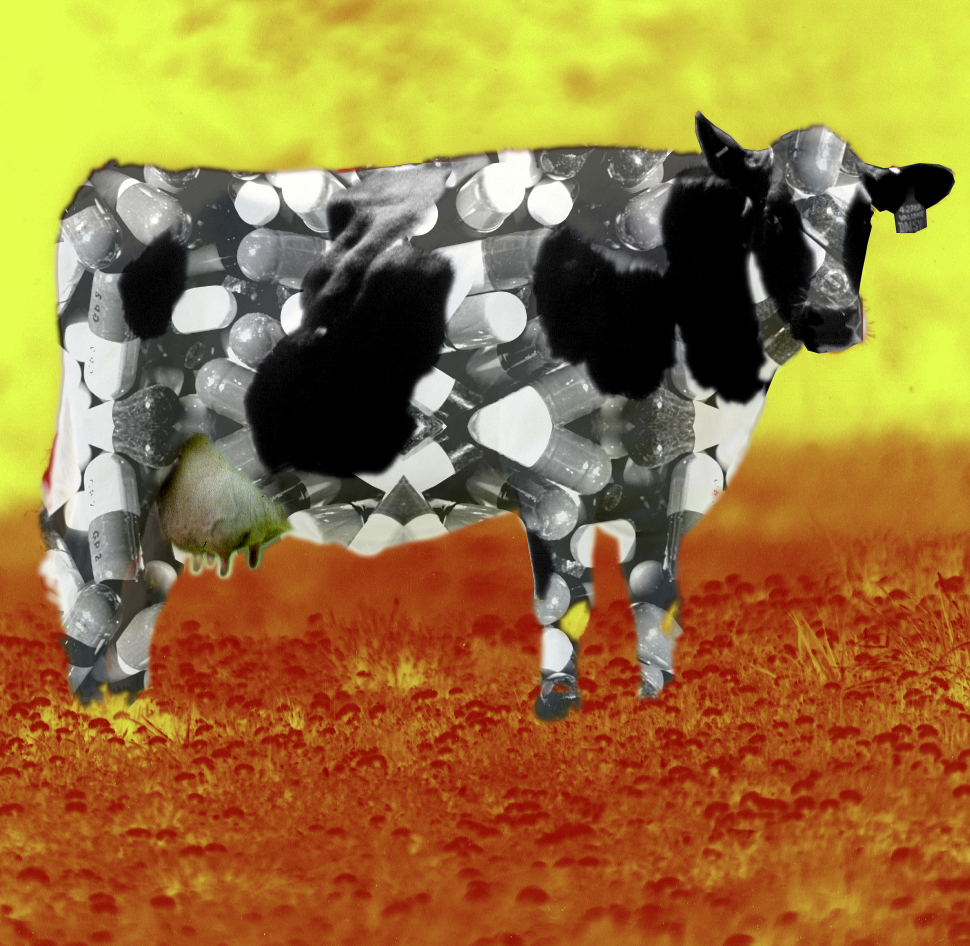Agricultural antibiotics put people at risk
 Experts are urging China to curb its use of antibiotics in animals to avoid a ‘major health catastrophe’ for humans.
Experts are urging China to curb its use of antibiotics in animals to avoid a ‘major health catastrophe’ for humans.
Australian researchers have warned that the polymyxin antibiotic class is a “last-defence” antibiotic for humans, but its extensive use in agriculture in China is leading to resistance in humans.
“Polymyxins are the last line of defence antibiotic for patients in intensive care units, so it will be very dangerous if people stop responding to this treatment,” says Professor David Paterson, from the University of Queensland.
“A key part of many intensive treatments relies on antibiotic success to fight life-threatening infection and keep further infections at bay.
“However, resistance to this antibiotic is now becoming widespread in chickens, pigs and other animals across Asia, and has now been detected in humans.”
In a new report published by The Lancet Infectious Diseases, Professor Paterson said the resistance was directly linked to agricultural use of the antibiotic in the food-chain.
“When humans eat the food derived from these animals fed with antibiotics, this leads to antibiotic resistance,” Professor Paterson said.
“By the end of 2015, China is projected to use thousands of tonnes of polymyxins.
“Chinese leaders needed to take urgent and decisive action to curb this use.
“The diminishing effectiveness of antibiotics is a major concern worldwide, making it much harder to treat superbugs.
“It also jeopardises the use of antibiotics to prevent the risk of infection associated with common medical procedures, including cancer treatment, organ transplant and surgery.
“It is important to remember that antibiotics are a precious resource and should be used judiciously.”
Dr Patrick Harris, an infectious disease physician, said a failure to act could lead to serious health problems.
“The only way to stop this problem is to stop the antibiotic use in animals otherwise we risk a major public health catastrophe."








 Print
Print